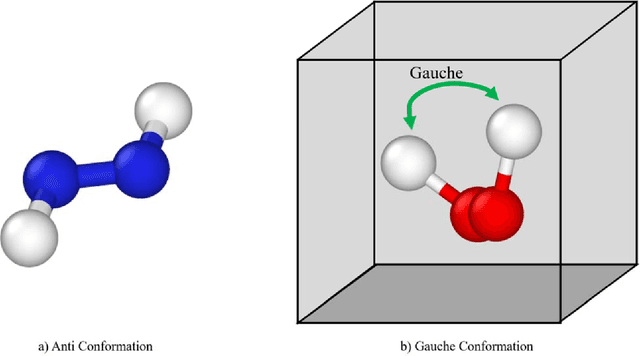Akshay Ajagekar
Generative AI and Process Systems Engineering: The Next Frontier
Feb 15, 2024



Abstract:This article explores how emerging generative artificial intelligence (GenAI) models, such as large language models (LLMs), can enhance solution methodologies within process systems engineering (PSE). These cutting-edge GenAI models, particularly foundation models (FMs), which are pre-trained on extensive, general-purpose datasets, offer versatile adaptability for a broad range of tasks, including responding to queries, image generation, and complex decision-making. Given the close relationship between advancements in PSE and developments in computing and systems technologies, exploring the synergy between GenAI and PSE is essential. We begin our discussion with a compact overview of both classic and emerging GenAI models, including FMs, and then dive into their applications within key PSE domains: synthesis and design, optimization and integration, and process monitoring and control. In each domain, we explore how GenAI models could potentially advance PSE methodologies, providing insights and prospects for each area. Furthermore, the article identifies and discusses potential challenges in fully leveraging GenAI within PSE, including multiscale modeling, data requirements, evaluation metrics and benchmarks, and trust and safety, thereby deepening the discourse on effective GenAI integration into systems analysis, design, optimization, operations, monitoring, and control. This paper provides a guide for future research focused on the applications of emerging GenAI in PSE.
Quantum Machine Learning for Finance
Sep 09, 2021Abstract:Quantum computers are expected to surpass the computational capabilities of classical computers during this decade, and achieve disruptive impact on numerous industry sectors, particularly finance. In fact, finance is estimated to be the first industry sector to benefit from Quantum Computing not only in the medium and long terms, but even in the short term. This review paper presents the state of the art of quantum algorithms for financial applications, with particular focus to those use cases that can be solved via Machine Learning.
Quantum Computing Assisted Deep Learning for Fault Detection and Diagnosis in Industrial Process Systems
Feb 29, 2020



Abstract:Quantum computing (QC) and deep learning techniques have attracted widespread attention in the recent years. This paper proposes QC-based deep learning methods for fault diagnosis that exploit their unique capabilities to overcome the computational challenges faced by conventional data-driven approaches performed on classical computers. Deep belief networks are integrated into the proposed fault diagnosis model and are used to extract features at different levels for normal and faulty process operations. The QC-based fault diagnosis model uses a quantum computing assisted generative training process followed by discriminative training to address the shortcomings of classical algorithms. To demonstrate its applicability and efficiency, the proposed fault diagnosis method is applied to process monitoring of continuous stirred tank reactor (CSTR) and Tennessee Eastman (TE) process. The proposed QC-based deep learning approach enjoys superior fault detection and diagnosis performance with obtained average fault detection rates of 79.2% and 99.39% for CSTR and TE process, respectively.
Quantum Computing based Hybrid Solution Strategies for Large-scale Discrete-Continuous Optimization Problems
Oct 29, 2019



Abstract:Quantum computing (QC) has gained popularity due to its unique capabilities that are quite different from that of classical computers in terms of speed and methods of operations. This paper proposes hybrid models and methods that effectively leverage the complementary strengths of deterministic algorithms and QC techniques to overcome combinatorial complexity for solving large-scale mixed-integer programming problems. Four applications, namely the molecular conformation problem, job-shop scheduling problem, manufacturing cell formation problem, and the vehicle routing problem, are specifically addressed. Large-scale instances of these application problems across multiple scales ranging from molecular design to logistics optimization are computationally challenging for deterministic optimization algorithms on classical computers. To address the computational challenges, hybrid QC-based algorithms are proposed and extensive computational experimental results are presented to demonstrate their applicability and efficiency. The proposed QC-based solution strategies enjoy high computational efficiency in terms of solution quality and computation time, by utilizing the unique features of both classical and quantum computers.
 Add to Chrome
Add to Chrome Add to Firefox
Add to Firefox Add to Edge
Add to Edge